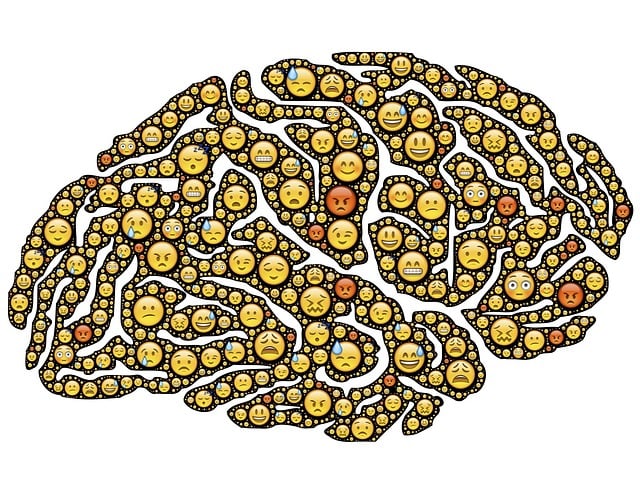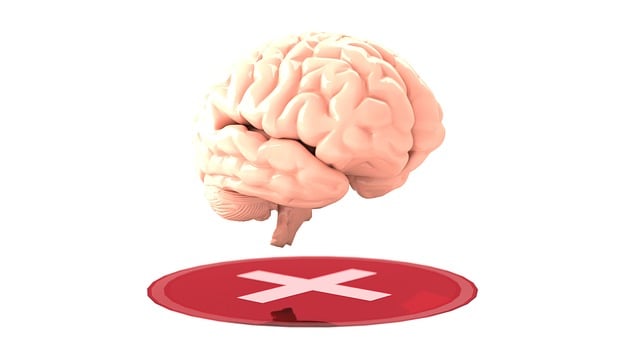In today's fast-paced world, Longmont Couples Communication Issues Therapy emphasizes the growing need for accessible self-assessment tools to tackle emerging mental health challenges. These tools empower individuals to monitor emotional well-being, improve self-esteem, and identify potential issues early. By integrating Mental Health Education Programs Design techniques, self-assessments guide couples through communication issues by uncovering emotional barriers, promoting informed decision-making, and enhancing overall mental health awareness in the community. User-friendly online platforms are crucial for encouraging individuals to prioritize their mental health, offering intuitive interfaces with simple language and clear instructions, such as guided emotional and relationship assessments tailored to Longmont Couples Communication Issues Therapy services. Incorporating these tools into modern therapy practices has proven effective in enhancing treatment outcomes.
In today’s fast-paced world, mental wellness self-assessment tools play a pivotal role in empowering individuals to take charge of their emotional well-being. This article explores the development and importance of these tools, highlighting key components for effectiveness. We delve into creating accessible online platforms and discuss a case study where self-assessment, integrated into Longmont Couples Communication Issues therapy practices, brought about significant improvements. Understanding the need and implementing these tools can revolutionize mental health support.
- Understanding the Need for Self-Assessment Tools in Mental Health
- Key Components of an Effective Mental Wellness Self-Assessment
- Creating User-Friendly and Accessible Online Platforms for Self-Assessment
- Integrating Self-Assessment into Therapy Practices: A Case Study Using Longmont Couples Communication Issues
Understanding the Need for Self-Assessment Tools in Mental Health

In today’s fast-paced world, understanding and managing mental wellness is more crucial than ever. Longmont Couples Communication Issues Therapy has highlighted a pressing need for accessible self-assessment tools to address emerging mental health challenges. These tools serve as valuable resources, enabling individuals to proactively monitor their emotional well-being and identify potential issues at an early stage. By incorporating techniques from Mental Health Education Programs Design, self-assessment tools can foster self-esteem improvement, a key aspect of overall mental wellness.
Moreover, the development of such tools plays a pivotal role in promoting emotional well-being. They provide individuals with a means to track their progress and make informed decisions regarding their mental health journeys. This proactive approach is particularly significant for couples navigating communication issues, as self-assessment can help uncover underlying emotional barriers and guide them towards more effective coping strategies. Thus, these tools not only empower individuals but also contribute to the broader goal of enhancing mental health awareness and support systems in communities like Longmont.
Key Components of an Effective Mental Wellness Self-Assessment

An effective mental wellness self-assessment tool should incorporate several key components to accurately gauge an individual’s psychological state and provide valuable insights for improvement. Firstly, it must include a comprehensive set of questions designed to assess various aspects of mental health, such as emotional well-being, stress levels, anxiety, depression, and overall life satisfaction. These questions should be clear, concise, and easy to understand, allowing users from diverse backgrounds to accurately self-report their experiences.
Additionally, integrating components like Mental Wellness Journaling Exercise Guidance can empower individuals to reflect on their thoughts and feelings, track patterns, and identify areas for growth. Encouraging mindfulness practices through Mindfulness Meditation has been shown to enhance self-awareness and promote positive mental health outcomes. Moreover, including educational content on Mental Health Awareness can help users interpret their assessment results and understand the resources available to support their well-being, such as seeking professional help from Longmont Couples Communication Issues Therapy specialists.
Creating User-Friendly and Accessible Online Platforms for Self-Assessment

Developing user-friendly and accessible online platforms for mental wellness self-assessment tools is paramount to encouraging individuals to prioritize their mental health. These platforms must be intuitive, ensuring users can easily navigate through various assessment modules. Incorporating simple language, clear instructions, and interactive features can significantly enhance user experience, making it less daunting for those seeking support.
For instance, an online platform tailored for Longmont Couples Communication Issues Therapy could offer self-assessment tools that guide individuals through their emotional experiences, relationship dynamics, and stress management strategies. By providing a safe and anonymous space, users are more likely to openly reflect on their mental wellness. Additionally, integrating community outreach program implementations can foster connections, allowing users to access local resources and support networks, ultimately promoting holistic mental health care.
Integrating Self-Assessment into Therapy Practices: A Case Study Using Longmont Couples Communication Issues

Incorporating self-assessment tools into therapy practices has become an integral part of modern treatment plans, especially in addressing specific issues like Longmont Couples Communication Issues. By enabling couples to gain deeper insights into their interactions and emotional connections, these assessments facilitate more targeted and effective therapy. One such tool, the Mental Wellness Journaling Exercise, encourages partners to reflect on their communication patterns through regular written entries, fostering self-awareness and identifying areas for improvement.
Additionally, Self-Awareness Exercises and Empathy Building Strategies can be integrated into a comprehensive therapy program. These exercises promote an understanding of individual needs and perspectives, enhancing emotional intimacy and resolving conflicts that may arise from miscommunication. The case study of Longmont Couples Communication Issues demonstrates how these assessments can revolutionize traditional therapy methods, leading to improved relationships and better mental wellness outcomes for couples.
Mental wellness self-assessment tools play a pivotal role in empowering individuals to take charge of their mental health. By understanding the key components and creating accessible online platforms, we can enhance self-awareness and improve therapy outcomes. As demonstrated by the case study on Longmont Couples Communication Issues Therapy, integrating these tools into practice allows for more effective and tailored interventions. As we continue to navigate the digital age, user-friendly online platforms will be essential in promoting mental wellness and accessibility to care, ensuring that folks like those with communication issues in relationships receive the support they need.














